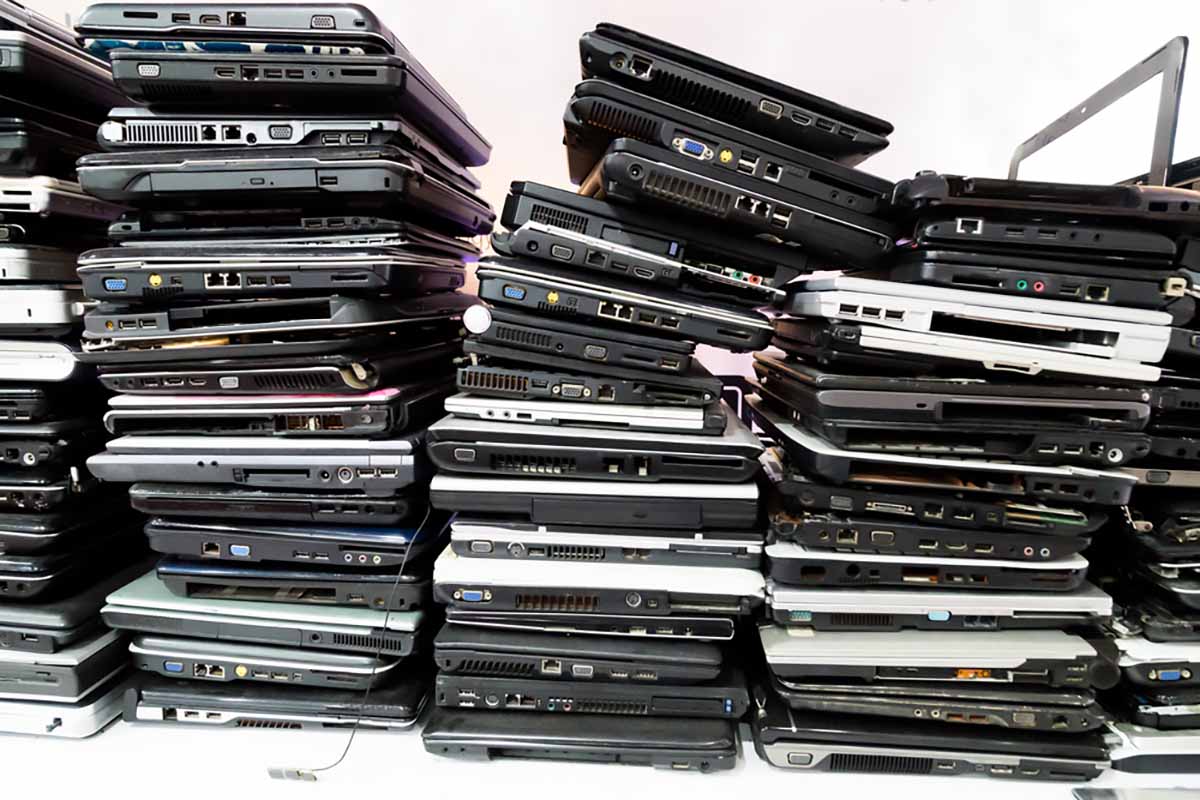
The latest e-scrap legislation in the Keystone State aims to address an accumulation of electronics that are expensive or difficult for residents to recycle. | ThamKC/Shutterstock
Two Pennsylvania senators are trying to restructure the current e-scrap recycling program to make it more efficient and convenient.
Senate Bill 734 is a bipartisan bill that would amend the 2010 Covered Device Recycling Act, restructuring the current system and establishing the Pennsylvania E-Waste Steering Committee, a group of environmental and industry advocates and experts appointed by various state legislative leaders.
According to a press release, co-sponsors Senator Tracy Pennycuick, a Republican, and Senator Amanda Cappelletti, a Democrat, are looking to address the accumulation of electronic devices, program convenience and program costs by establishing a clearinghouse model and implementing eco-fees customers pay at the point of purchase for covered materials. Under the bill, those fees would go into place March 31, 2024, and would not be allowed to exceed $10. Covered materials are computers, televisions, printers, videocassette recorders, portable digital music players, digital video disc players and peripherals.
The Electronic Waste Recycling Modernization Act is a reintroduction of SB 1310 from last session, a Democrat-sponsored bill that died in committee. SB 1310 also would have created a steering committee and updated the extended producer responsibility program for electronics to be managed by a clearinghouse and funded by fees assessed when new covered devices were purchased.
The reintroduced legislation would create a “collaborative, self-sustaining system” of manufacturers, recyclers, retailers, local governments and the state Department of Environmental Protection, the press release stated. It sets convenience standards, including “reasonable days and hours of operation.”
All counties in the state would be able to participate in the program and residents could drop off materials at no cost to themselves or their municipalities.
Addressing the current landscape
As the law stands now, manufacturers are required to provide recycling opportunities for certain covered devices, such as computers and televisions, the press release noted, but “this system has failed to keep pace with demand.”
The 2010 law requires manufacturers to collect, transport and recycle their market share of covered devices, based on weight of sales from two years prior, and prohibits point-of-sale fees.
That approach has resulted “in the accumulation of unusable electronic devices within households across the state,” according to the press release. “Some individuals have resorted to the illegal disposal of such devices in landfills, streams and forests. Further, in certain locations within the state, residents are paying exorbitant fees as high as $200 to recycle their electronics.”
Pennycuick said in a separate press release the bill will bring the public and private sectors together “to institute a uniform system of disposal and recycling.”
“This will provide convenient options for consumers, lessen the burden on local governments and alleviate impacts to our environment,” she noted.
Cappelletti added that Pennsylvanians “deserve programs and resources that won’t break the bank while also keeping toxic materials out of our natural lands and waterways.”
This story has been updated with the bill text.



